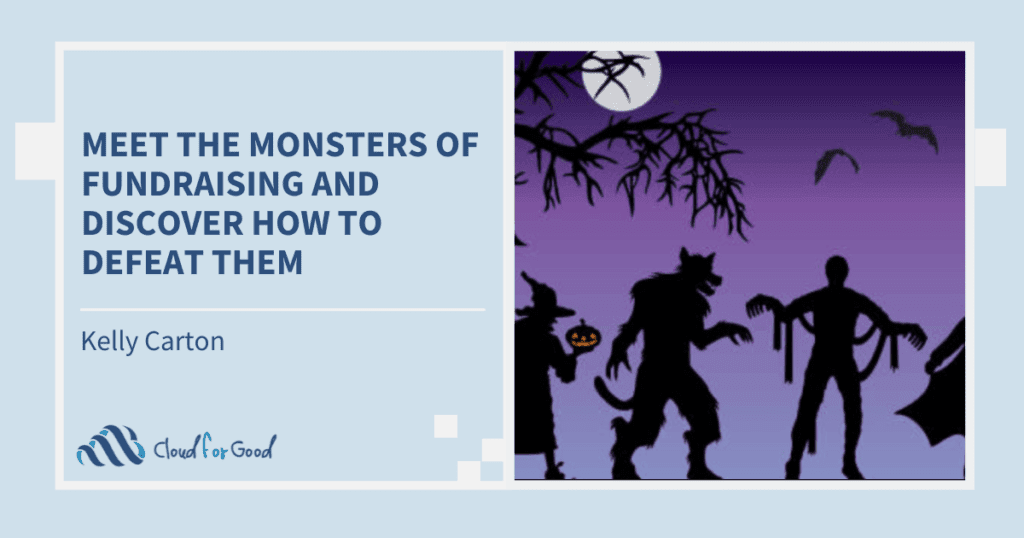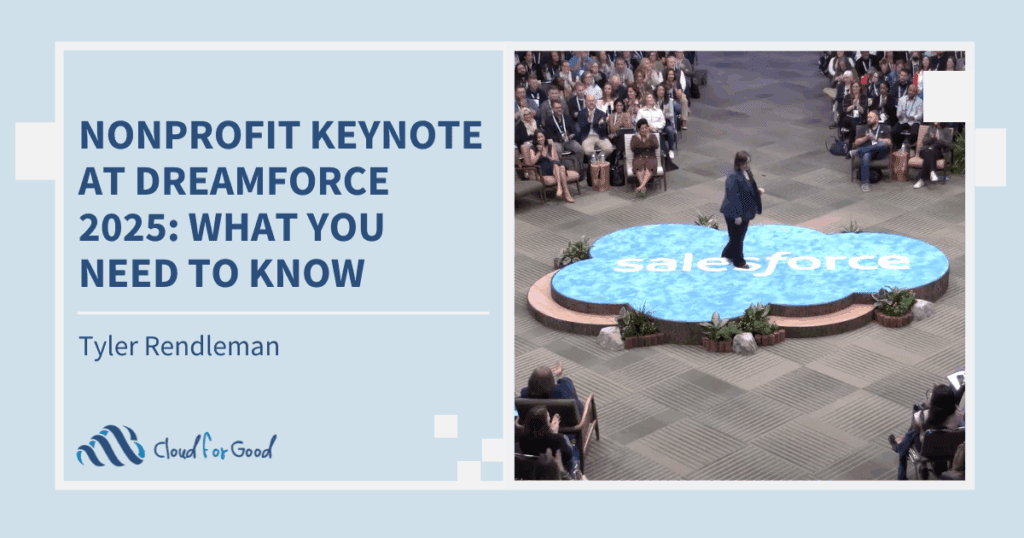Whether you’re planning, are in the middle of, or have just finished up your implementation of Salesforce, one of the most important decisions you can make about the future of your new system is who is going to be responsible for its care and feeding.
While we configure Salesforce to be easy to maintain, it does still need someone to look after it. When a new user needs to be onboarded, when existing users have questions, when business process change and need to be reflected in the database, or when something breaks, it’s very helpful for an organization to have a designated go-to person with some Salesforce chops to help adapt to the new demands.
What this person’s skillset and commitment will look like will vary widely from organization to organization, especially depending upon size, complexity, and level of customization. This slightly dated best practices document from Salesforce makes some suggestions about admin staffing based on the number of active user licenses available in a Salesforce org, which is a very good starting place, but it’s really just the starting place. Small organizations can still be very complex, which increases burdens on Salesforce administrators. Extensive customizations or unplanned organic growth can also increase demands on administrators.
Small organizations have very different staffing needs than larger organizations. That’s partially because, if they have fewer users to support, they aren’t as likely to need to spend as much time devoted to the care and feeding of Salesforce. For organizations with under 30 users, that may mean that Salesforce administration duties may represent less than a full-time staffer’s yearly commitment. Some organizations may have IT staff who can make tweaks to Salesforce when they aren’t fixing the printer, for example. Even smaller organizations may have a tech-savvy program or fundraising staffer who can attend to Salesforce as a part of those elusive “other duties as assigned.”
If you have a staffer who has responsibilities other than Salesforce administration who, by necessity, moonlights as your Salesforce guru, they can very easily become overwhelmed by the shifting nature of their responsibilities and the scarce time available to them. Multitasking is largely a myth: really, people switch from task to task, which takes a significant amount of time and mental energy, often leading to rapidly evaporating productivity. Ask that person about the amount of time they spend taking care of your Salesforce instance and if they have the time to do all of the various tasks assigned to them. If they don’t, consider implementing task-batching (for example, having your Salesforce guru only do Salesforce things one day of the week rather than fielding questions as they come in), hiring temporary help to pitch in with their main responsibilities, or hiring your friendly neighborhood Salesforce consulting firm to take some of the burden off of them with flexible support hours. Support is one of Cloud for Good’s best services after all!
Finally, a note from personal experience: if your Salesforce guru isn’t particularly happy, they may decide to vacate their non-Salesforce responsibilities and jump ship to another employer who will let them focus on Salesforce full time. Like many technically skilled positions, Salesforce administrators are in high demand, and they typically fetch significantly better compensation than typical nonprofit positions at the same level.
Being a larger organization and having one (or even several) dedicated administrators opens up many possibilities for improved efficiency throughout the organization. Technology is a force multiplier for nonprofits, letting them do more with scarce resources through automation and better information management. Having a staffer dedicated to keeping Salesforce in tip-top shape can have have cascading effects for organizational productivity overall. As organizations scale up, they may wish to add more than one administrator. Because every administrator is at least partially also a business analyst, these multiple admins can each be tasked with looking after particular business units to make sure they’re very familiar with the business processes they are supporting. Organizations may also consider using delegated administration to help administrators use their time more efficiently. With delegated administration, a trusted person inside a particular business unit can have limited administrative privileges, such as the ability to perform password resets for a certain department. This can deflect high-priority but menial tasks away from your Salesforce administrators so they can focus on making your Salesforce instance a lean, mean nonprofit machine (in the cloud).
Finally, we should talk about some essential traits of an effective Salesforce administrator. Though your Salesforce administrator should have (or should be able to acquire) a significant amount of platform-specific knowledge, which you can verify that they have with Salesforce’s certification program, your Salesforce administrator does not need to know everything there is to know about Salesforce. Salesforce is a vast platform, and the ways in which it can be used mean that there are really no limits on how much knowledge a person can acquire about the tool over the course of a long career. More than knowledge, your Salesforce administrator needs to be a problem solver with excellent research skills, curiosity, and a collaborative spirit. Rarest of all, a very successful Salesforce administrator needs the ability to understand business needs, translate them into technology, and then explain that technology to users who may not have technical skills: they have to be technology translators. Take good care of a staff member like that and they will take great care of your investment in Salesforce!
Enjoy this article? You may also like:





